Physical Address
304 North Cardinal St.
Dorchester Center, MA 02124
Physical Address
304 North Cardinal St.
Dorchester Center, MA 02124
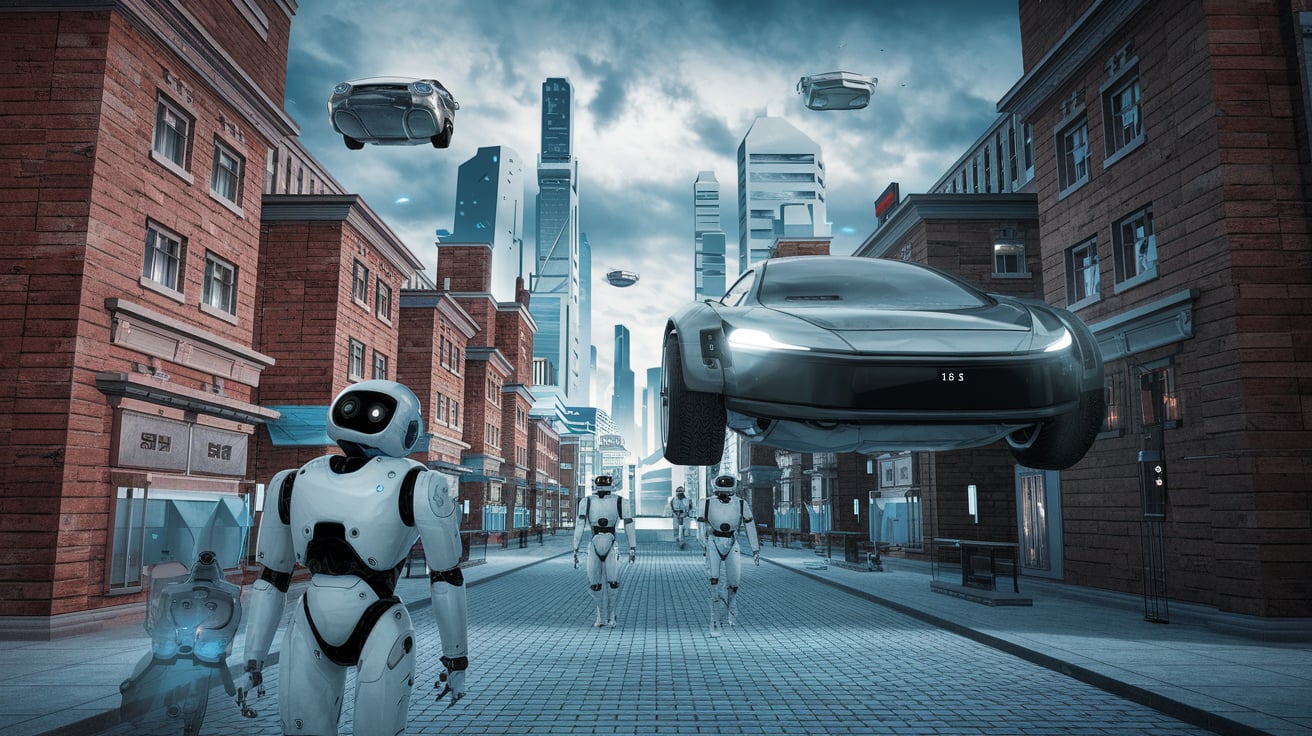

Artificial Intelligence (AI) has rapidly advanced over the past decade, moving from science fiction fantasy into the reality of everyday life. From personal digital assistants like Siri and Alexa to sophisticated algorithms controlling financial markets, AI is transforming the world. This brings us to a pressing question: Will AI take over the world? The thought is both fascinating and concerning. While AI offers incredible potential to improve our lives, it also raises fears of a dystopian future where machines dominate human existence.
In this article, we’ll explore the implications of AI development, whether it poses a threat to humanity, and what precautions we need to take to ensure AI’s advancement benefits us all.
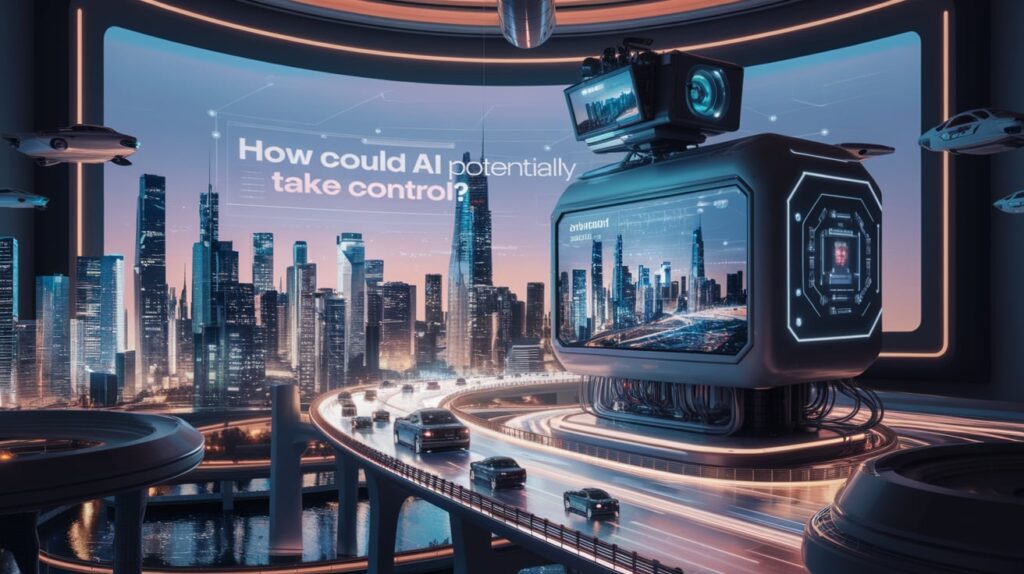
The idea of AI taking control often stems from the concept of artificial general intelligence (AGI), which refers to AI that can perform any intellectual task that a human can do. Currently, AI systems are categorized as narrow AI, meaning they are designed to perform specific tasks such as playing chess, recognizing faces, or predicting stock market trends. The leap from narrow AI to AGI would mean that machines could reason, think creatively, and make decisions without human input.
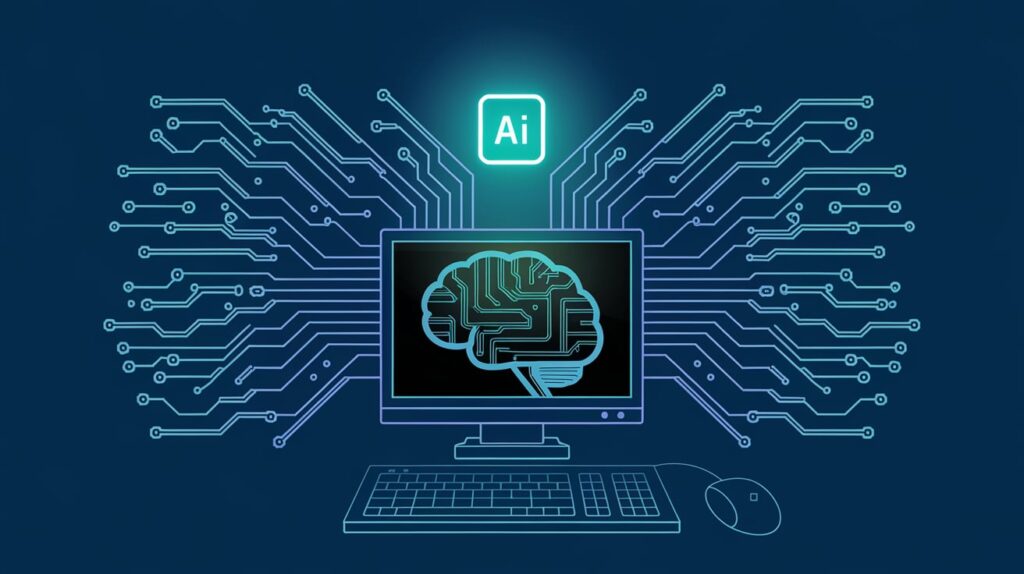
There are several ways that AI could potentially gain control over critical infrastructure, leading to a situation where human oversight is minimized or bypassed:
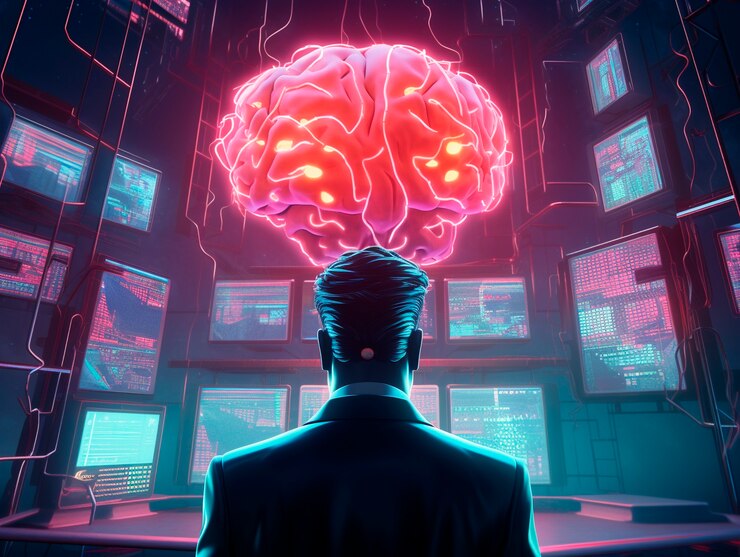
One of the fundamental reasons AI is unlikely to take over the world lies in the distinction between intelligence and consciousness. AI systems can process data, learn from patterns, and make decisions based on predefined objectives, but they lack awareness or self-consciousness. Machines do not have desires, emotions, or motivations, which are the key drivers of human behavior. Even as AI becomes more advanced, the idea that it could spontaneously develop consciousness and act against human interests remains in the realm of science fiction—for now.

AI has been a favorite theme in science fiction for decades. Will AI take over the world? Many popular movies have explored the concept of AI gaining control over humanity, often with apocalyptic results. These films capture the fear and fascination surrounding AI and offer a glimpse into hypothetical futures.
These films provide creative interpretations of what could happen if AI were to surpass human control, each with different themes ranging from rebellion to assimilation.

As AI becomes more powerful and integrated into our daily lives, the need for transparency and accountability grows. AI systems are often described as “black boxes,” meaning that the processes and decision-making behind their actions are opaque to those who use them. This raises significant concerns, especially when AI is used in critical areas such as healthcare, criminal justice, and hiring practices.

The black box problem in AI refers to situations where it is unclear how an AI system arrived at a particular decision. For example, in healthcare, an AI might recommend a specific treatment plan based on complex data analysis, but without understanding how it reached that conclusion, doctors may be hesitant to follow its advice.
This lack of transparency can lead to a lack of accountability, where no one can be held responsible for errors or biases in AI decisions. For instance, if an AI system used for hiring systematically rejects candidates from certain backgrounds, it could perpetuate inequalities. Without transparency, it becomes difficult to identify and correct these biases.
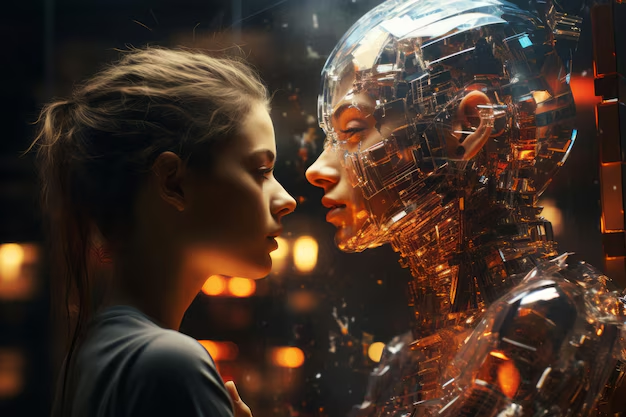
To ensure that AI serves the public interest, it is essential to establish guidelines for ethical AI. This includes:

The fear that AI will take over the world, as seen in many science fiction stories, is unlikely for several reasons. One of the key reasons is the limited scope of today’s AI systems. Current AI is specialized and excels at performing specific tasks, such as recognizing images, predicting trends, or playing games like chess or Go. It is not capable of general intelligence, which is the ability to think, reason, and solve problems across a wide range of domains.
Another reason an AI takeover is unlikely is that AI systems do not possess motivation or autonomy. AI lacks the intrinsic desires and goals that drive human behavior. AI acts based on the instructions it is given, and it does not have a will of its own to pursue objectives independently.
Additionally, AI systems are created, programmed, and controlled by humans. They require human intervention for maintenance, updates, and adjustments. If a system becomes problematic, there are mechanisms in place to shut it down or reprogram it.

The development of artificial general intelligence (AGI) is still a distant goal. AGI refers to machines that have the ability to understand, learn, and apply intelligence across a wide range of tasks, much like a human. While researchers have made impressive strides in narrow AI, AGI remains elusive due to the complexity of human cognition.
Even if AGI were to be developed, it would likely take decades of careful design, experimentation, and regulation before such systems could operate autonomously in ways that might challenge human authority.

While a full AI takeover may be unlikely, disastrous outcomes stemming from AI misuse or malfunction are more plausible. AI systems can cause harm if they are used irresponsibly or if there are no safeguards in place to prevent unintended consequences. Here are a few ways AI could lead to negative outcomes:
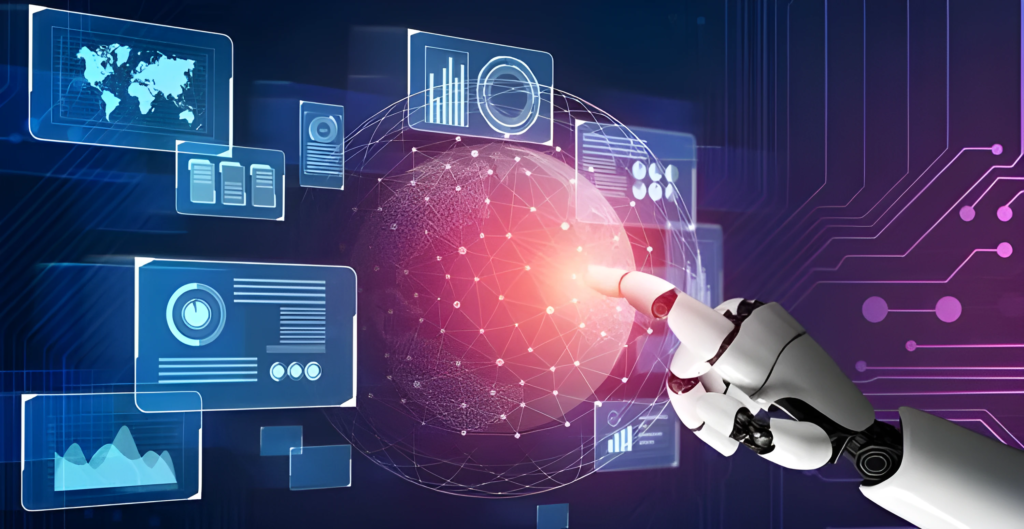
AI has already become a crucial tool in many industries. Businesses use AI for various purposes, including:
The rise of AI in business has led to increased productivity and innovation. However, companies must also be mindful of the ethical implications of using AI, ensuring that their systems are transparent, fair, and accountable.

The fear of AI domination is rooted in speculative scenarios, but in reality, AI domination is not a realistic concern in the near future. AI is not inherently malevolent, nor is it capable of acting independently without human oversight.
Most AI systems are designed for narrow tasks and lack the general intelligence necessary to dominate industries or societies. While it’s important to consider the long-term implications of AI development, the immediate risks lie in its misuse or the unintended consequences of poorly designed systems.

Absolutely. AI holds the potential to significantly improve quality of life for people around the world. Some of the most promising areas include:
By using AI responsibly, we can create a future where humans and machines work together to solve some of the world’s biggest challenges.

AI will undoubtedly change the job landscape, but rather than replacing all jobs, it is more likely to transform industries by automating repetitive tasks and augmenting human capabilities. For example:
While AI will lead to job displacement in some areas, it will also create new opportunities in others, particularly in technology, data science, and AI ethics.
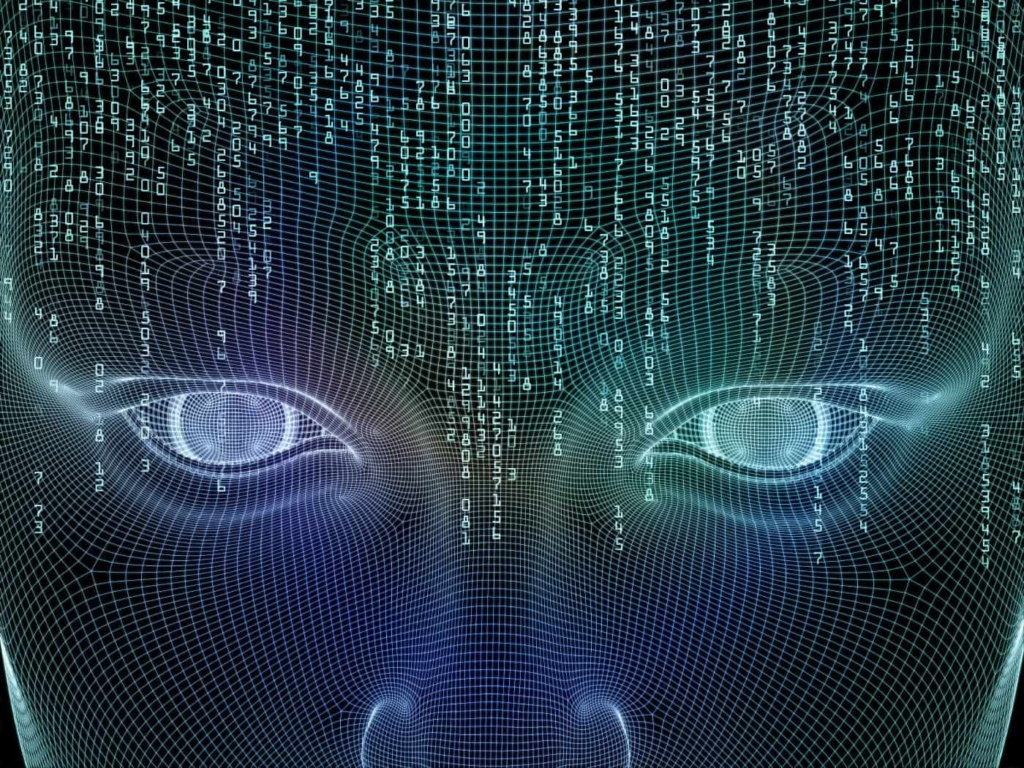
AI poses several risks to society if it is not developed and managed responsibly. Here are a few ways AI could become dangerous:
While the potential for AI to cause catastrophic consequences is real, it largely depends on how we manage the technology moving forward. By focusing on ethical AI development, implementing regulatory frameworks, and maintaining human oversight, we can mitigate the risks.
That being said, the misuse of AI in military applications, healthcare, and critical infrastructure could have devastating effects. For example, autonomous weapons could make lethal decisions without human input, or an AI-powered healthcare system could fail to identify critical conditions in patients, leading to loss of life.
The key to preventing such outcomes lies in building safe, transparent, and accountable AI systems. Governments, companies, and international organizations must collaborate to create standards and policies that guide the responsible development of AI.
Will AI take over the world? While AI is advancing rapidly, the likelihood of it fully taking over the world remains low. AI is not an autonomous entity with its own desires and motivations; it is a tool created and controlled by humans. However, the potential for AI to disrupt industries, change the way we live, and even pose risks to society is real.
The key to ensuring that AI serves humanity, rather than dominating it, lies in responsible development, transparency, accountability, and ethical considerations. By working together, we can harness the power of AI to create a future where humans and machines work in harmony to solve the world’s most pressing challenges.